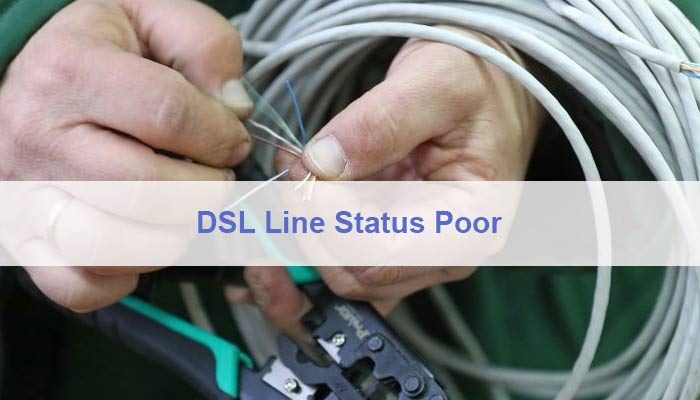You’ve probably heard time and again that your college choice will significantly shape the trajectory of your life. It is, indeed, true. Your decision on which college to attend will have far-reaching consequences for the rest of your life. However, the reality is that many students choose a college solely on emotion or a very narrow set of criteria, sometimes just a gut feeling. You can still thrive in school using this approach, but a choice this significant deserves more thought.
When researching universities after reassigning your pending assignments to a professional paper writing service and having expert writers write my essay, it’s crucial to take into account a wide variety of criteria. That includes those related to location, size, cost, academic quality, campus safety, program diversity, and major selection. You should ask more specific questions and research more intensively to see if a school is a good fit as your list of potential colleges gets shorter.
Consider the following tips when making your final college decision.
Accreditation:
Look into the school’s accreditation status before delving deeper into your research. This indicates that the school’s curriculum has been assessed by a credentialing body to ensure it satisfies the minimum requirements for a higher education program. You can find this information on the “About” or “Admissions” pages of most college websites. Call or write to the admissions office if you need help locating it.
Accreditation for a school might be either national or regional. Each school, department, or program within a university might also receive its own accreditation. By choosing an accredited college, you’ll be confident that future companies and other schools will respect your degree.
Majors offered
Do you have a plan for your academic pursuits set in stone? Fantastic! Verify if the schools you’re considering offer your intended field of study after going through essay writing services reviews and settling on a service where you can pay someone to write my paper and get help with your college application letter.
Don’t know what you want to major in? That’s fine, too! Check to see if the schools you’re considering offer a wide range of majors, so you may try out different areas of study and pick the one that’s the best fit for you without having to change schools. Keep in mind that it is not uncommon for college students to change their majors more than once. The field of study you have in mind now may not be the one you ultimately pursue. Having a selection of courses offered by the same university is convenient.
Establish Why you Want to go to College
Although the question is straightforward, the response is rarely so. Many high school seniors are on the rocks when it comes to their future careers.
Remember that your decision concerns a university rather than a field of study. Finding the right college involves as much introspection on your part as it does research into other institutions. Even if you’re unsure what you want to do after college, you have an idea of your interests and strengths. If you give this some thought, you’ll be able to determine whether your interests lie more in the liberal arts or the sciences.
You can gain insight into additional factors through introspection on your own. By thinking about the cost, location, size of the school, etc., you’ll get a sense of what’s most important to you.
Perhaps you aren’t mature enough or academically prepared for college just now. Taking a year off is fine, but you should put it to good use. In several countries, it is common practice for high school graduates to take a year off before entering the workforce.
Cost-effectiveness of Attendance
Choosing where to go to college should not be made without carefully considering the financial commitment involved. Determine whether in-state and out-of-state students pay the same or different tuition and fees before enrolling. However, you shouldn’t let the price tag of your preferred university deter you from applying. Inquire about grants and other forms of financial aid. They are often successful in reducing the overall cost of education.
Put off making any big financial decisions until you hear back from colleges about scholarships. Then, determine how much debt you’re willing to take on and how quickly you can pay it off. Remember that a school’s price has nothing to do with how good it is. Compared to private universities, the tuition at many state universities is much more affordable.
Location and Relative Proximity to the House
It’s crucial to look beyond the school’s physical location, whether it’s a massive university that dominates a tiny town or a small campus in the center of a big city. Compare both options to see where you fit.
The college’s distance from home is another factor to think about. While traveling far from home has its benefits, it’s vital to take note of the logistics of getting back home for special occasions like the holidays.
Staying close to home is also acceptable. Many students working with essay writers online spend so much time at school and in campus activities that they forget how close their homes actually are, even if they’re only a few miles away.
Career Services and Academic Support:
The academic support offered by a university is indicative of the quality of your education. Schools vary significantly in the amount of help they provide. Some encourage students to learn independently, while others provide resources like free tutoring groups and writing assistance. The success and breadth of any program can be gauged, in part, by looking at the school’s job placement and graduate school acceptance rates.
Conclusion
Consider these guidelines and considerations when you make your college selection in the modern day. To boost your admission chances, consider writing your application essay with the help of the best essay writing services.







